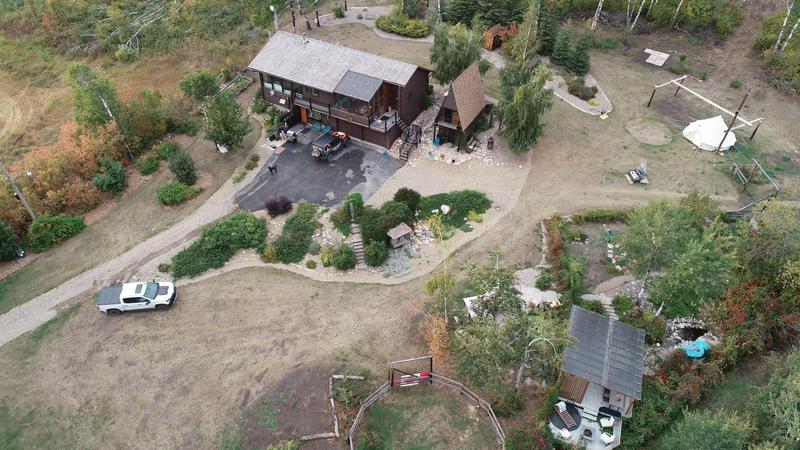
‘Make a casserole’: River Valley Resilience Retreat offers advice for PTSD awareness month
For Michelle McKeaveney, co-founder of the River Valley Resilience Retreat, the way people need to treat Post Traumatic Stress Disorder (PTSD) in others is simple: try to react to it the way you would to a physical injury.
That’s one thing she would like people to keep in mind as June continues as it’s PTSD Awareness Month in Canada. Trauma and injuries to the brain can be as common in some jobs as physical injuries are, but they still aren’t treated the same way.
“In the old days, people delivered casseroles and pies and filled freezers when someone had the misfortune of having an injury or tragic death in their family,” McKeaveney said. “No one gives casseroles for mental health, especially for PTSD. People aren’t understanding the entire aspect of it.”
The desire to help those suffering from PTSD was the driving motivation behind the River Valley Resilience Retreat, where first responders, veterans, and others who have suffered occupational trauma can come and heal and receive support from their peers.


